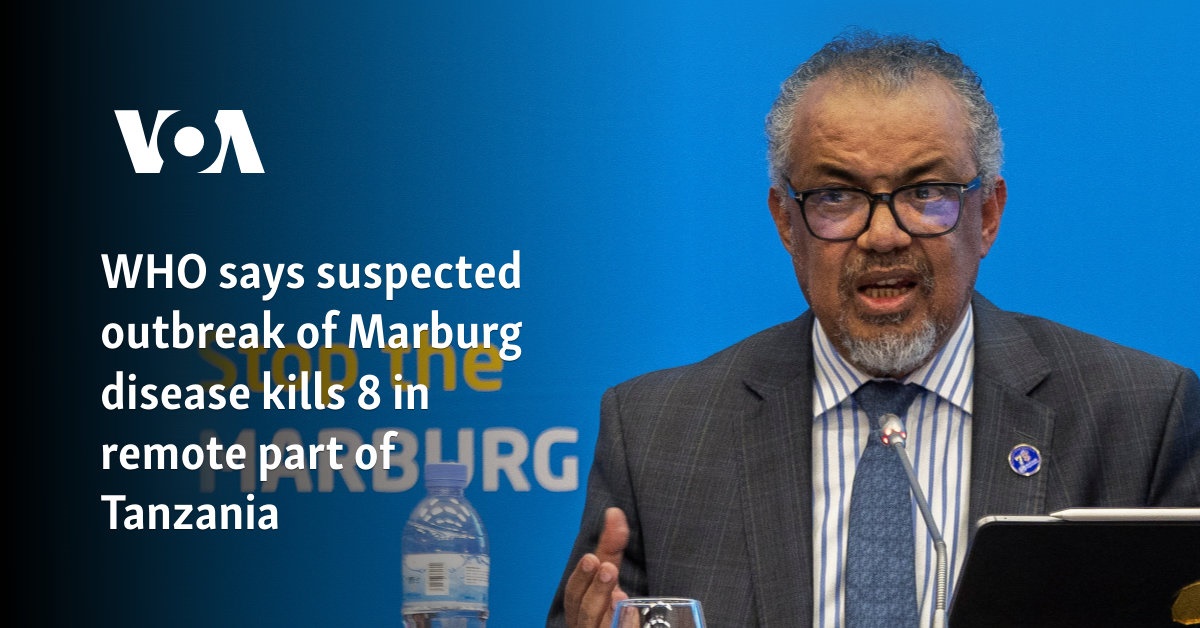The draft rules, which would build on the 2022 WTO Agreement on Fisheries Subsidies, are intended to create an element of fairness currently missing in the global fishing sector. They should allow developing countries that have small fishing industries — and that provide only minor capacity-enhancing subsidies to their fishers, if any — to grow their industries with relatively less competition from other nations’ highly subsidized industrial fleets.
Crucially, the new WTO rules encourage a much-needed paradigm shift toward improved conservation and the sustainable use of marine resources in both developed and developing nations. In doing so, the draft provisions place a greater burden on countries that have more heavily subsidized and advanced fishing sectors, which has been a key demand from many developing countries during the negotiations. In its current form, all large subsidizers and fishing nations must accompany risky forms of subsidies with fisheries management. But developing countries are given time to establish their management structures, as they would be granted a transition period to prepare and ensure that fishers’ livelihoods would not be impaired. The latest version of the rules also goes to great lengths to ensure that least-developed countries, small fishing nations, and artisanal fishers in many developing countries would not be negatively impacted by the removal of subsidies — illustrating our negligible contribution to overfishing and, even more importantly, that our voices were heard during the WTO negotiations process.
Harmful fisheries subsidies are jeopardizing the livelihoods and food security of our
communities.
As we and more than two dozen other developing nations said in a June communication sent to the WTO, curbing harmful subsidies is critical “for protecting ocean health, the livelihoods of fisherfolk, and the communities they support.”
At this year’s United Nations General Assembly session, world leaders adopted a Pact for the Future to improve global governance and cooperation for the benefit of future generations. They agreed that sustainable development should be a central objective of multilateralism and committed to taking “ambitious action to improve the health, productivity, sustainable use, and resilience of the ocean and its ecosystems.” The adoption of the new WTO rules is one of a number of actions that the international community can take to achieve this target.
Effective multilateralism and international cooperation were essential in achieving consensus around the 2022 WTO Agreement on Fisheries Subsidies. We must recapture that spirit and finalize the new rules under negotiation at the WTO to curb harmful subsidies that drive overfishing and overcapacity. Our coastal communities — their livelihoods, food security, and way of life — depend on it.







